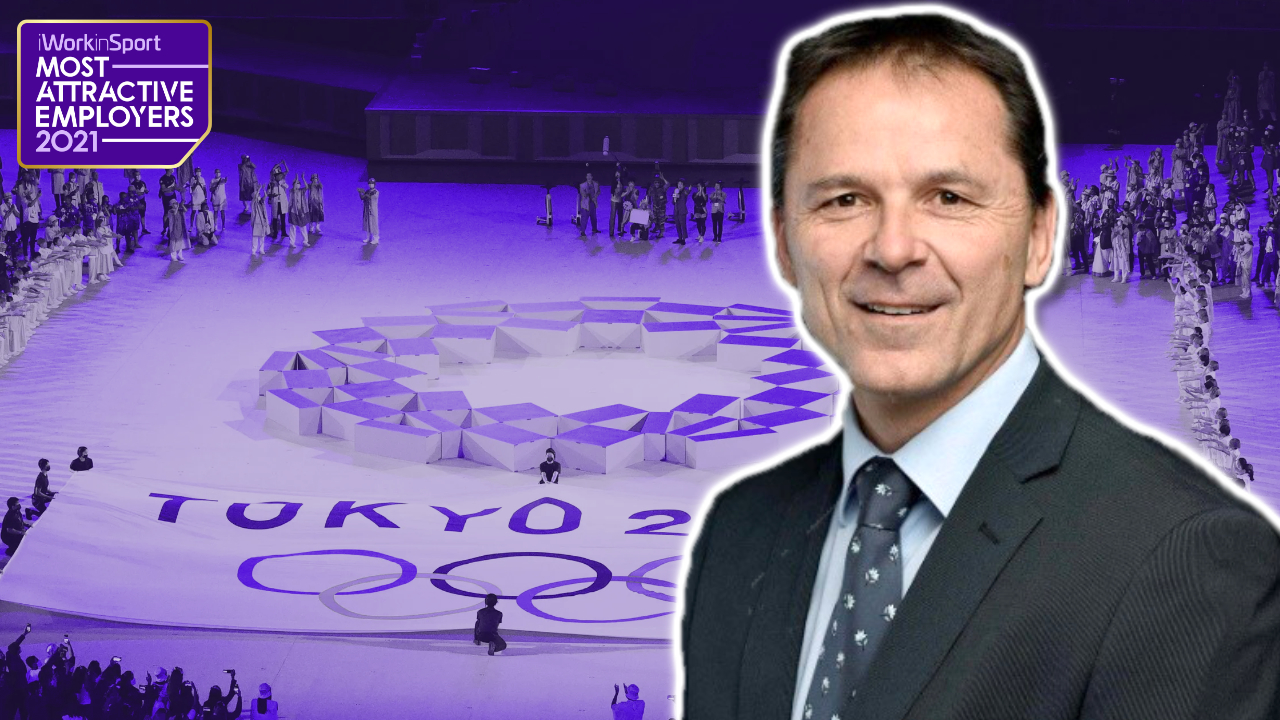The International Olympic Committee has
been named one of the Top 3 Most Attractive Employers in Sport,
overall, in a study recently published by iWorkinSport. If considered only the
votes by women, the IOC was ranked number one. The interview with Xavier
Tissères, Director of Human Resources at the organisation, was one of many
interviews with top level recruiters featured in the report.
The study surveyed more than 1,000 people from all
continents, with the majority already working in sport, and asked them a simple
question: “If you could choose to work anywhere in sport, where would that
be?”
Initially, the respondents chose organisations
divided into nine categories, and at the end, they indicated one single
preferred choice, overall – the “Employer of their Dreams”.
The publication features rankings of the most
attractive employers in sport divided in the following categories:
Football Clubs, Sports Teams (other than Football), Sports Teams in the USA,
Sports Leagues, Sports Governing Bodies, Event Organisers, Sports Marketing
Agencies, Sponsors, and Sporting Goods Companies.
Additionally, the report presents the aspects that
candidates rate as most important when deciding where they would like to work.
To download the full report for free, click here.
Enjoy the interview with Xavier Tissières:
Why do so many people wish to work at the IOC?
There are multiple reasons, including:
● the values defended and lived within our
organisation – as the criterion of values is becoming more and more important
in our western society;
● the link with the Olympic Games and the fact of
being part of the biggest sporting event in the world;
● the fact that many people think that it is the IOC
that organises the Olympics;
● the image of success that links the Olympic Games
and the IOC;
● for the most passionate, it’s a childhood dream.
What makes the IOC a great employer?
Values are not just words; they are lived
internally on a daily basis. The IOC listens to its employees and gives them
great support, in various ways and even more so during this difficult health
period: this makes it a human and people-oriented organisation. Despite being a
medium-sized company, there are great opportunities for development.
How can the IOC become an even better employer?
Compared to other companies, we already do a lot
for our employees, but there are still areas where we can improve and we are working on these currently. For example:
● career path opportunities within the organisation;
● even greater diversity (despite the 62
nationalities present);
● obtaining certain certifications in order to give
even more visibility, credibility and trust;
● internal communication/branding (this is an area
that will always need to be improved!) that
better markets the IOC, both inside and outside the organisation. Showcase what is already done for our employees
and what will and can be done for future applicants.
What are the changes caused by the covid-19
pandemic that will remain in the workplace, once the crisis has passed?
The pandemic we have experienced and are still
experiencing has shown and demonstrated that dematerialisation of work, as well
as teleworking, works for almost all functions. Although we have already had
a remote working policy in place for several years (since
2009), which was reviewed 3 years ago, we will review it again to give our
employees more flexibility within the organisation of their work.
The functionality of the office and workplace will
change to become more of a place of collaboration and social exchange in the
future, with working from home becoming a major part of our future working
policies.
What advice would you give to someone who dreams
about working at the IOC?
Demonstrate professionalism and passion, be
resilient, know how to be yourself, gain experience elsewhere before applying
to the IOC (whether in the field of sport or in other more specific areas if we
are talking about support departments such as finance, communication, IT, HR,
etc.) and learn about the functioning of the Olympic Movement.


